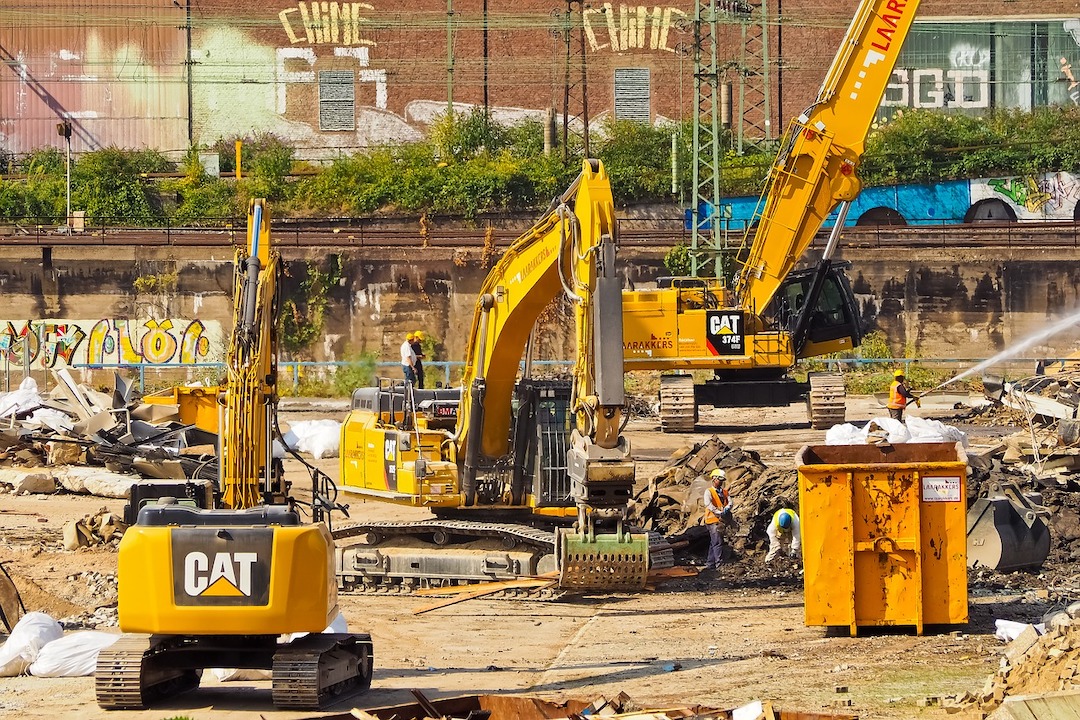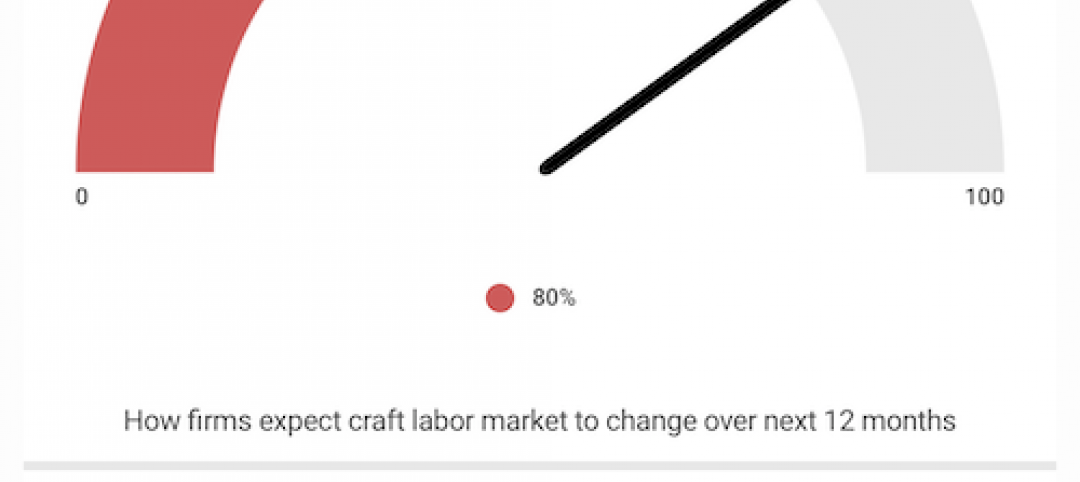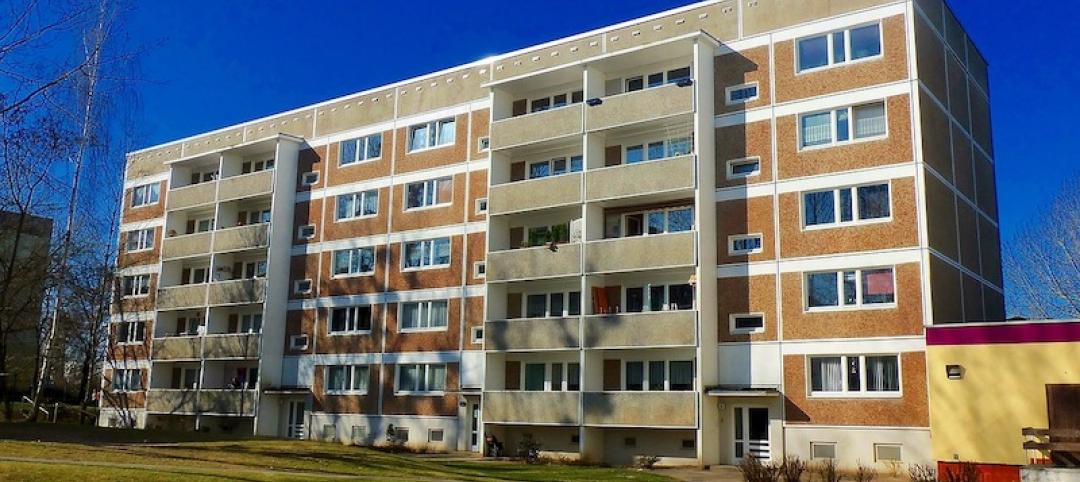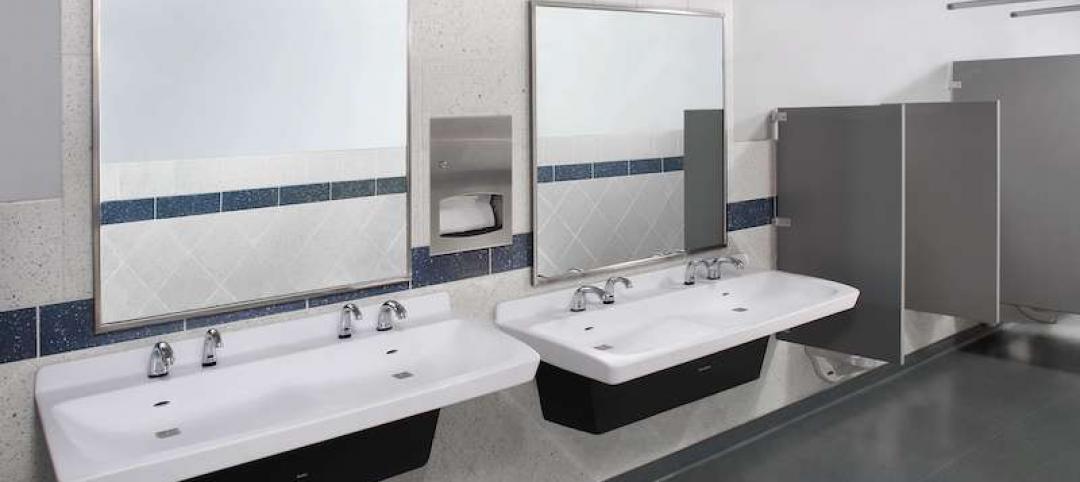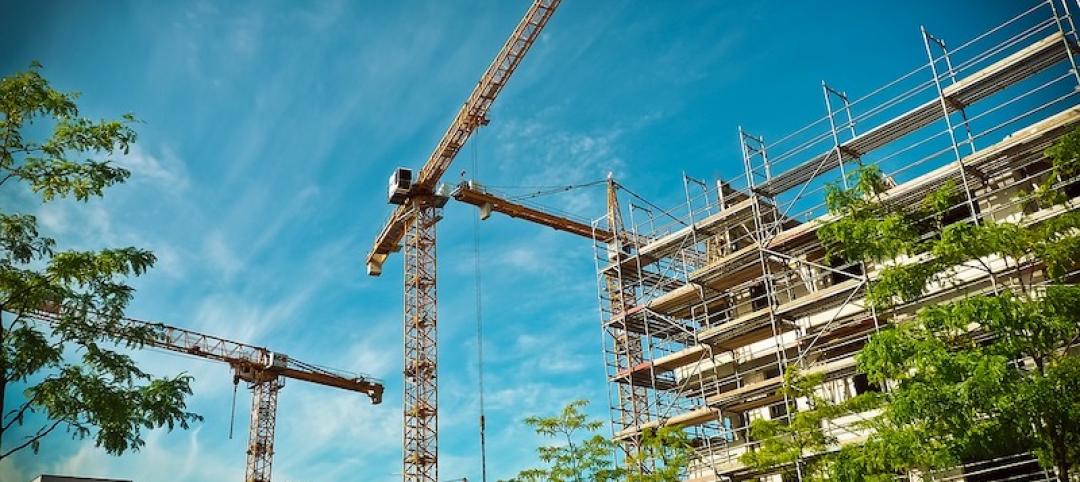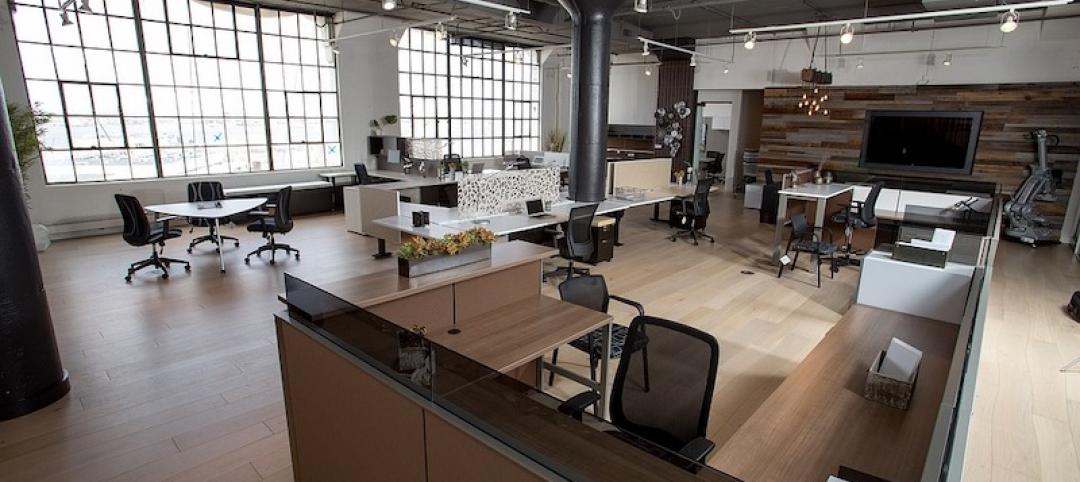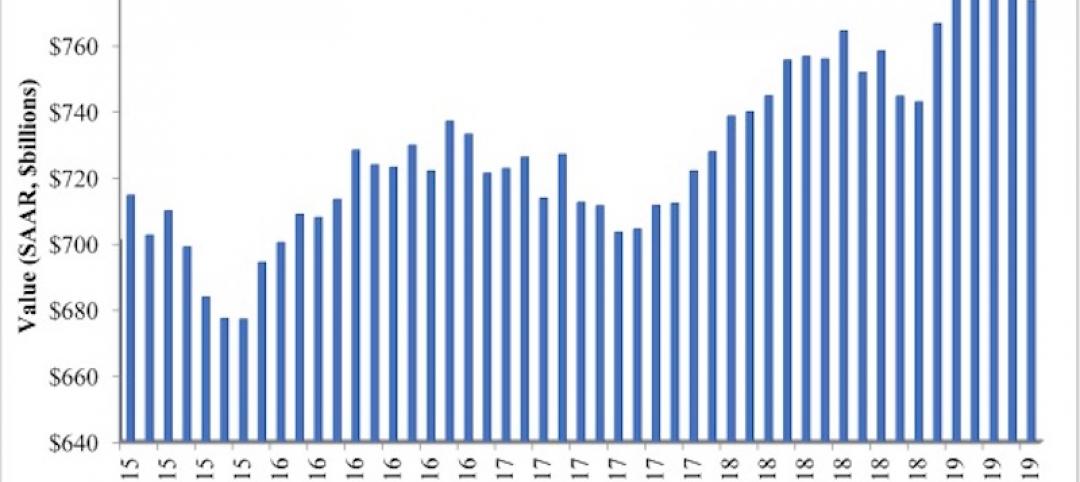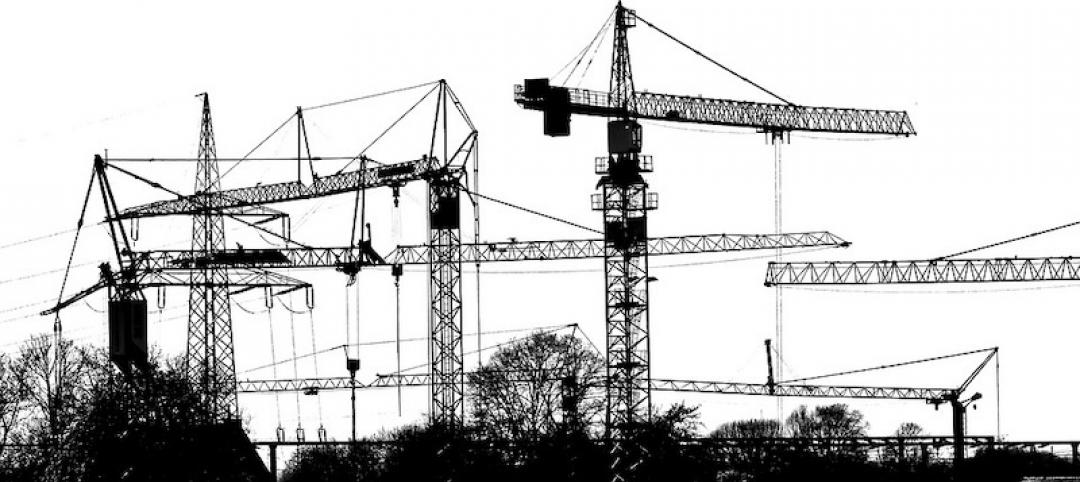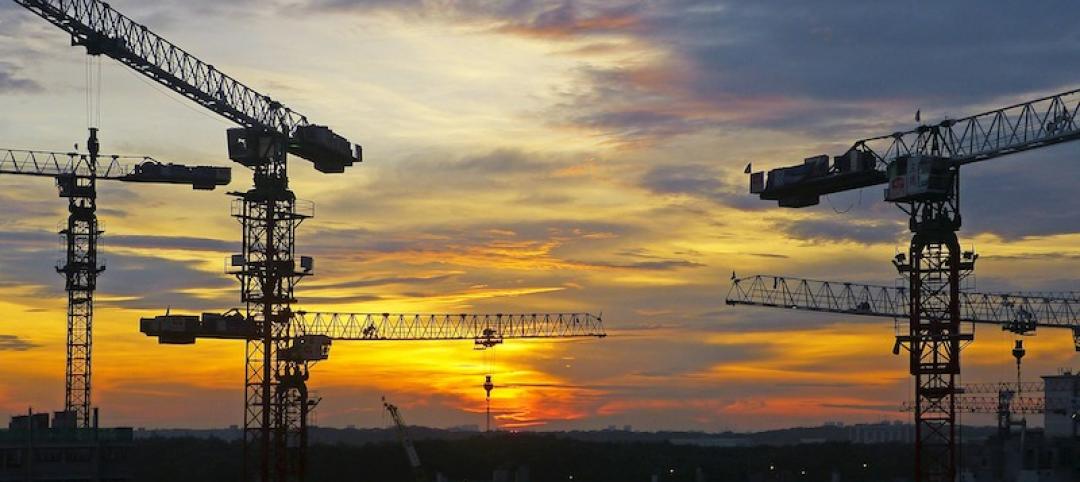Construction employment dipped by 5,000 jobs between December and January even though hourly pay rose at a record pace in the past year, according to an analysis by the Associated General Contractors of America of government data released today. Association officials said future job gains are at risk from several factors that are slowing projects, as detailed in the Construction Inflation Alert that it will post on February 7.
“Contractors are struggling to fill positions as potential workers opt out of the labor market or choose other industries,” said Ken Simonson, the association’s chief economist. “In addition, soaring materials costs and unpredictable delivery times are delaying projects and holding back employment gains.”
Simonson noted that average hourly earnings in the construction industry increased 5.1% from January 2021 to last month--the steepest 12-month increase in the 15-year history of the series. The industry average of $33.80 per hour exceeded the private sector average by nearly 7%. However, competition for workers has intensified as other industries have hiked starting pay and offered working conditions that are not possible in construction, such as flexible hours or work from home.
Since January 2021 the industry has added 163,000 employees despite the decline last month. But the number of unemployed jobseekers among former construction workers shrank by 229,000 over that time, indicating workers are leaving the workforce altogether or taking jobs in other sectors, Simonson added.
Construction employment totaled 7,523,000 last month, which was 101,000 jobs or 1.3% less than in pre-pandemic peak month of February 2020. However, the totals mask large differences between residential and nonresidential segments of the industry, Simonson said.
Nonresidential construction firms--general building contractors, specialty trade contractors, and heavy and civil engineering construction firms--lost 9,000 employees in January. Nonresidential employment remains 213,000 below the pre-pandemic peak set in February 2020. In contrast, employment in residential construction--comprising homebuilding and remodeling firms--edged up by 4,400 jobs in January and topped the February 2020 level by 112,000.
Association officials said the Construction Hiring and Business Outlook survey that it released in January showed most contractors expect to add employees in 2022 but overwhelmingly find it difficult to find qualified workers. The association will shortly post an updated Construction Inflation Alert to inform owners, officials, and others about the challenges the industry is experiencing with employment, materials costs, and delays.
“Construction firms are struggling to find workers to hire even as they are being forced to cope with rising materials prices and ongoing supply chain disruptions,” said Stephen E. Sandherr, the association’s chief executive officer. “But instead of addressing those challenges, the Biden administration is adding to these problems with a new executive order that will inflate the cost of construction, discriminate against most workers and undermine the collective bargaining process.”
View the construction employment table. View the association’s Outlook survey.
Related Stories
Industry Research | Aug 29, 2019
Construction firms expect labor shortages to worsen over the next year
A new AGC-Autodesk survey finds more companies turning to technology to support their jobsites.
Market Data | Aug 21, 2019
Architecture Billings Index continues its streak of soft readings
Decline in new design contracts suggests volatility in design activity to persist.
Market Data | Aug 19, 2019
Multifamily market sustains positive cycle
Year-over-year growth tops 3% for 13th month. Will the economy stifle momentum?
Market Data | Aug 16, 2019
Students say unclean restrooms impact their perception of the school
The findings are part of Bradley Corporation’s Healthy Hand Washing Survey.
Market Data | Aug 12, 2019
Mid-year economic outlook for nonresidential construction: Expansion continues, but vulnerabilities pile up
Emerging weakness in business investment has been hinting at softening outlays.
Market Data | Aug 7, 2019
National office vacancy holds steady at 9.7% in slowing but disciplined market
Average asking rental rate posts 4.2% annual growth.
Market Data | Aug 1, 2019
Nonresidential construction spending slows in June, remains elevated
Among the 16 nonresidential construction spending categories tracked by the Census Bureau, seven experienced increases in monthly spending.
Market Data | Jul 31, 2019
For the second quarter of 2019, the U.S. hotel construction pipeline continued its year-over-year growth spurt
The growth spurt continued even as business investment declined for the first time since 2016.
Market Data | Jul 23, 2019
Despite signals of impending declines, continued growth in nonresidential construction is expected through 2020
AIA’s latest Consensus Construction Forecast predicts growth.
Market Data | Jul 20, 2019
Construction costs continued to rise in second quarter
Labor availability is a big factor in that inflation, according to Rider Levett Bucknall report.


